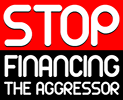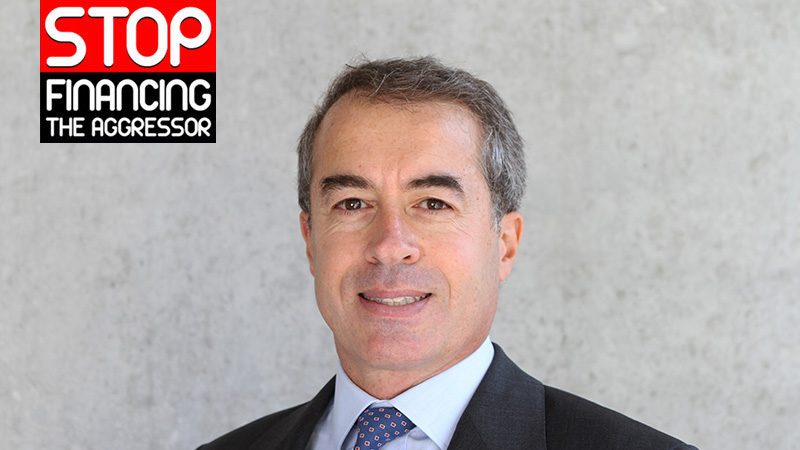The last few weeks have shown that the basis on which we built our relations with Russia was flawed. Not only has Putin once again attacked a country to which he had pledged territorial integrity in two treaties, but he has done so with the intention of committing war crimes, as recent events in Mariupol, Bucha, and elsewhere show.
So what shall we do now? I think there are very strong ethical implications here, but I will not delve into them in what follows. Instead, I would like to take a very selfish and self-centered approach to the problem. Putin has chosen to break the fundamental rules that we have set for ourselves in the community of nations – national borders cannot be changed by force, soldiers should not shoot at civilians, we do not torture prisoners. These are the foundations of our security and well-being.
Cutting off Russian energy imports will be hard. However, we do not really have any other reasonable option.
In risk management, we look for weak signals and unclear threats to predict risk scenarios that we then mitigate. However, there is nothing unclear about the situation we are facing. Our trade is funding a brutal regime that is waging a criminal war right on our doorstep. Sooner or later, we will pay for it. If we continue to buy Russian energy, we will be funding the very army that threatens us and will not stop at Ukraine; if, instead, we restrict energy imports, we will pay a high price in the short term, but at least we will mitigate that threat in the long term. We should not be under any illusion that cutting off Russian energy imports will be easy. It will be hard. It will disproportionately affect the most vulnerable in our societies, and we must take steps to protect them. However, we do not really have any other reasonable option. Our freedom is not worth anything if we are not willing to pay a price for it. It’s as simple as that.
Our freedom is not worth anything if we are not willing to pay a price for it.
Carlo Pugnetti, Ph.D. (Stanford), is a senior lecturer and researcher at ZHAW School of Management and Law, Winterthur/Switzerland, and the author of numerous scientific publications. He also served and is serving in several executive and non-executive positions at board and CEO level.



